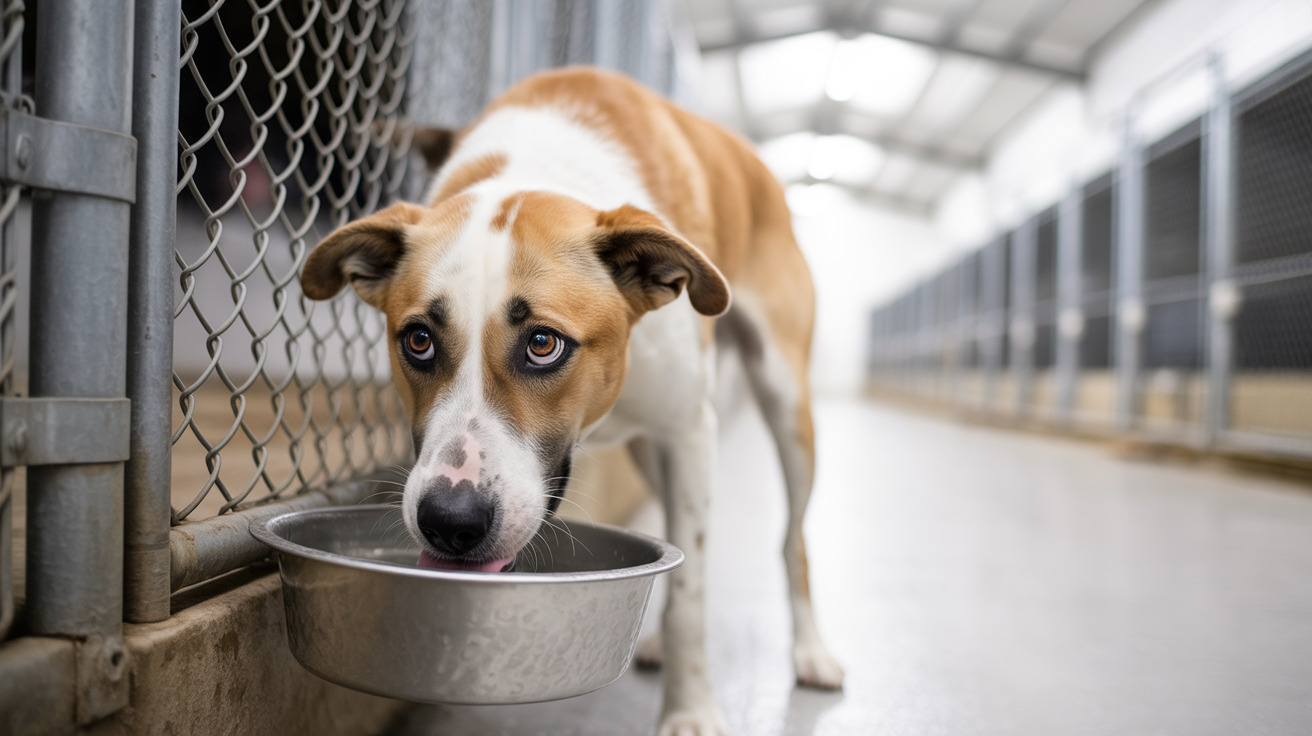Is Dill Safe for Dogs? Everything You Need to Know
Dill, a flavorful herb widely used in cooking, is also a common seasoning in pickles—a food item often questioned by dog owners. But is dill itself dangerous to dogs, or is the concern more about how it’s used? Let’s explore whether dill is harmful to dogs, how it affects canine health, and the safest ways to include it in their diet.
What Is Dill?
Dill is an aromatic herb from the celery family, often used to flavor dishes like soups, salads, and pickles. It comes in two forms:
- Fresh dill (also known as dill weed) – the green, feathery leaves of the plant.
- Dill seed – more potent and typically used in spice blends and broths.
Is Fresh Dill Toxic to Dogs?
The good news is,
fresh dill is not toxic to dogs. In fact, when given in moderation, it may provide some health benefits such as:
- Antioxidant properties that help combat inflammation and support cell health.
- Antibacterial qualities that may assist with oral hygiene and freshening breath.
- Digestive aid that can help reduce bloating and gas.
Fresh dill can be sprinkled over a dog’s food or mixed into homemade dog treats in small amounts.
How Much Dill Is Safe for Dogs?
Though dill is generally safe, it should be offered in moderation. For example:
- Small dogs: Up to a pinch of fresh dill
- Medium dogs: Up to half a teaspoon
- Large dogs: Up to one teaspoon
Introduce dill slowly and observe your dog for any reactions such as vomiting or diarrhea.
Potential Risks of Dill for Dogs
While the herb itself is not dangerous, some considerations include:
- Allergic reactions: As with any new food, there's always a chance of an allergic response.
- Digestive sensitivity: Some dogs may have more sensitive stomachs and could experience discomfort if given too much dill.
Avoid giving dogs dill essential oil or highly concentrated extracts, as these can be too potent and may cause negative reactions.
Is Dill in Pickles Safe for Dogs?
No, pickles—whether dill-flavored or not—are generally
not safe for dogs. While dill itself is harmless, the pickling process involves ingredients such as:
- High salt content: Can cause dehydration or salt toxicity.
- Vinegar: May irritate a dog’s stomach.
- Onion or garlic: Toxic to dogs and can damage red blood cells.
- Sugar or xylitol: Harmful or even deadly if consumed in certain forms.
Even a small quantity of pickle can cause gastrointestinal upset, while large amounts may trigger seizures or worse—especially in dogs with underlying health issues.
Safe Ways to Give Dill to Dogs
If you want to include dill in your dog’s diet, here are some safe forms:
- Fresh dill weed: Add a pinch to food.
- Homemade dog treats: Incorporate chopped dill into baked goods for added flavor and freshness.
Avoid using seasoned or preserved products and stick with natural, raw herbs.
What to Do If Your Dog Eats a Pickle
If your dog consumes a small piece of pickle:
- Remain calm and observe for symptoms such as vomiting, excessive thirst, lethargy, or tremors.
- If larger amounts were eaten or if symptoms appear, contact your veterinarian immediately.
Never attempt to make your pet vomit without professional guidance.
Better Alternatives to Pickles
Dill isn’t the issue—it’s the pickling process. Instead of pickled foods, try these healthy, non-pickled veggies and fruits:
- Raw cucumbers
- Carrots
- Celery
- Green beans
- Apples (seedless)
- Blueberries
These options are low in calories and offer vitamins and fiber.
Conclusion
In summary,
dill is not poisonous to dogs and can even provide minor health benefits when served fresh and in appropriate quantities. The concerns typically associated with dill stem from its use in pickled products, which contain harmful additives for dogs. Always introduce any new food gradually and consult with your vet if your pet has underlying health conditions. For safe and tasty treats, opt for fresh, raw vegetables and fruits over pickled or processed options.





